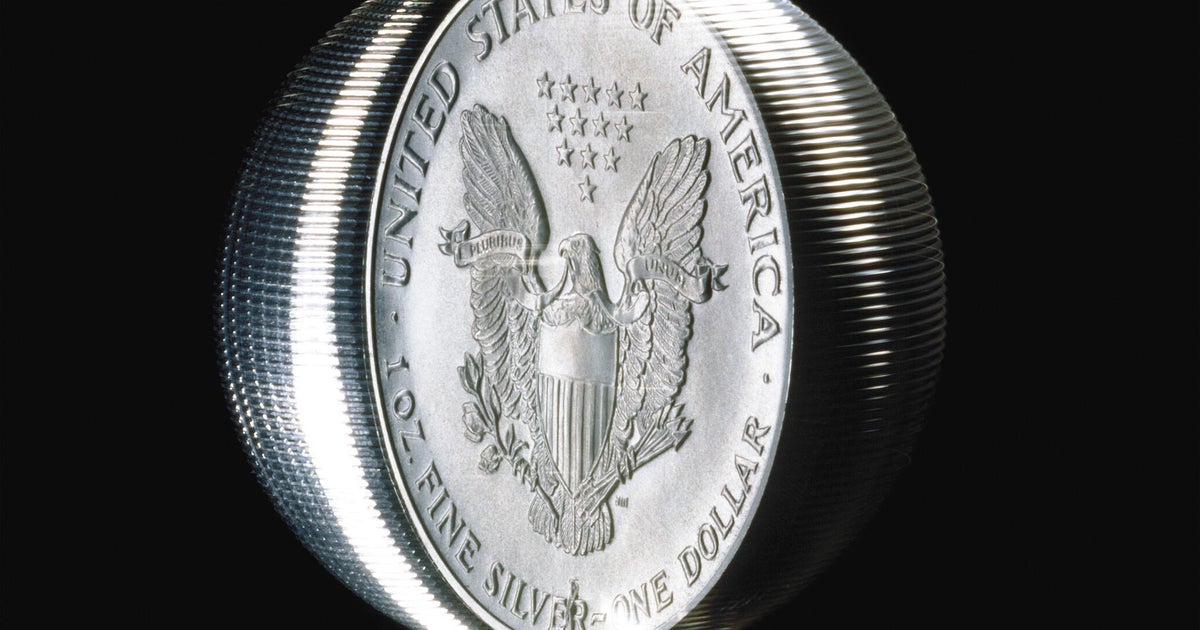What is a spot bitcoin ETF, and how will its SEC approval impact investors?
The Securities and Exchange Commission on Wednesday granted approval to spot bitcoin exchange-traded funds, or ETFs, backed by Wall Street, a key regulatory step that will make it easier for ordinary investors to put their money into the digital currency.
The agency gave the green light to multiple financial firms to offer spot bitcoin ETFs, including asset management giants like BlackRock, Fidelity Investments and Franklin Templeton that cater to retail investors.
Until now, only bitcoin futures ETFs had SEC approval. Bitcoin prices have shot up on the SEC's approval of the ETFs, more than doubling since last year, CoinDesk's Bitcoin Price Index shows. Prices for the cryptocurrency had already risen 61% since October on expectations that the agency planned to approve spot ETF applications, CoinDesk reported.
Here's what to know about spot bitcoin ETFs.
What's an ETF?
ETFs are pooled investments, like a mutual fund, but that trade on stock exchanges like a stock or bond and that track a specific index, sector or asset class such as gold. Unlike traditional mutual funds, they can be bought and sold throughout the day.
A spot bitcoin ETF allows investors to gain direct exposure to bitcoin without holding it. Unlike regular bitcoin ETFs, in which bitcoin futures contracts are the underlying asset, bitcoins are the underlying asset of a spot bitcoin ETF. Each spot bitcoin ETF is managed by a firm that issues shares of its own bitcoin holdings purchased through other holders or through an authorized cryptocurrency exchange. The shares are listed on a traditional stock exchange.
Which ETF applications were approved?
The SEC has approved the following 11 spot bitcoin ETFs:
- BlackRock's iShares Bitcoin Trust
- Grayscale Bitcoin Trust
- ARK 21Shares Bitcoin ETF
- Bitwise Bitcoin ETP Trust
- WisdomTree Bitcoin Fund
- Fidelity Wise Origin Bitcoin Trust
- VanEck Bitcoin Trust
- Invesco Galaxy Bitcoin ETF
- Valkyrie Bitcoin Fund
- Hashdex Bitcoin ETF
- Franklin Bitcoin ETF
When will spot bitcoin ETFs start trading?
Nearly a dozen new bitcoin funds have already begun trading in U.S. markets. Trading began on Thursday, with buying and selling for at least one ETF, the Grayscale Bitcoin Trust, kicking off as early as 4 a.m. Eastern Time, cryptocurrency trade publication CoinDesk reported.
Spot bitcoin ETFs vs. buying bitcoin: What's the difference?
Investing in spot bitcoin ETFs differs from buying bitcoin directly in a few ways.
First, investors who put money into bitcoin ETFs do not own any bitcoin outright, Cory Klippsten, CEO of Swan Bitcoin, told CBS MoneyWatch. Second, financial firms will charge fees for trading and managing a bitcoin ETF. By contrast, people who buy bitcoin directly pay a transaction fee, but there are no costs for managing the investment.
There are some advantages to owning bitcoin through an ETF. For example, investors can hold and track their bitcoin ETF in the same brokerage account as their other investments.
What could be the impact of the SEC approving bitcoin ETFs?
Investors are betting that the emergence of spot bitcoin ETFs will pump billions of dollars into the digital currency by making it easier and less intimidating to invest.
Firms like BlackRock and Fidelity are household names in financial services, and their move to enter the sector nudges bitcoin further into the mainstream as an investment class while conferring legitimacy to the shadowy and highly volatile crypto industry.
"A spot Bitcoin ETF marks the end of crypto as a 'novel' asset class and the beginning of a world where it can be part of every portfolio," said Nathan McCauley, CEO of Anchorage Digital, a crypto platform provider for financial firms.
And as demand for bitcoin rises, so too will its price, likely spurring even more investment and interest in crypto, experts say. Boosting investment in bitcoin, coupled with the introduction of new products from reputable financial players, could also accelerate passage of sensible regulations aimed at eliminating fraud and normalizing crypto as a way to invest, make payments and more generally conduct business.
Strengthening the regulatory framework for crypto is vital, according to Rajeev Bamra, senior vice president of Digital Finance at Moody's Investors Service.
"Whether this trend will hold depends on the trajectory of global monetary policymaking as well as the availability of cryptocurrencies to institutional investors through products that meet regulatory standards, ensuring their safety and security," he said.



